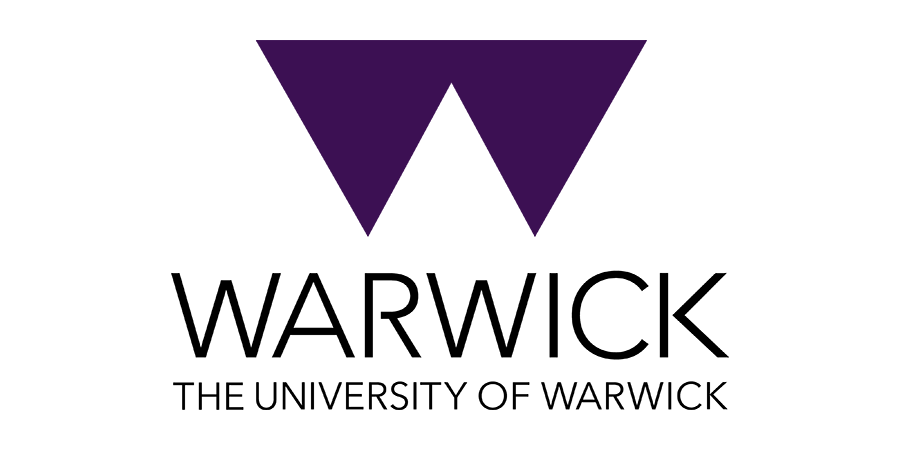PhD Studentship: Mechanically Interlocked Biomolecules and Biomaterials for Drug Delivery Applications
University of Warwick
| Qualification Type: | PhD |
|---|---|
| Location: | Coventry, University of Warwick |
| Funding for: | UK Students |
| Funding amount: | Funded by the University of Warwick |
| Hours: | Full Time |
| Placed On: | 20th November 2024 |
|---|---|
| Closes: | 20th February 2025 |
Supervisor: Dr. Fredrik Schaufelberger
Funding Availability: Funded by the University of Warwick. Open only to Home students, exceptions might be possible for outstanding candidates
Deadline: The project will remain open until a suitable candidate is identified. Early application is encouraged.
Project Description:
Background: The Schaufelberger Group at University of Warwick studies the use of artificial molecular machines and mechanical bonds for applications in biomedicine and for creation of stimuli-responsive biomaterials. Mechanically interlocked molecules (MIMs) are physically entangled components held together by mechanical bonds, like how each pair of links in a chain are joined together in space. MIMs play a major role as components of artificial molecular machines (a field awarded the 2016 Nobel Prize in Chemistry) and have been utilised with outstanding results in diverse fields like materials, sensors, catalysts and many other applications. However, a notably underdeveloped area is the use of MIMs in biology. Mechanical bonds occur ubiquitously in biology, but the examples of using synthetic MIMs for bioapplications are few and far between. Many examples of MIMs in biomedicine also required complex synthesis and use of non-biogenic building blocks, which increases the risk of toxicity issues, unfavourable metabolic profiles or immunogenic responses in biological applications.
The project: This PhD project concerns the use of a new type of mechanical bond system based on naturally occurring biocompatible building blocks. These mechanical bonds will be used to create both water-soluble molecular machines for biosensors and smart drug delivery systems, and also for development of high-performance biomaterials for controlled drug release and regenerative medicine applications. Bioderived building blocks are readily available and intrinsically biocompatible, and a key goal of this project is to show how such units enable easier, quicker, and cheaper access to bioactive and biocompatible mechanically interlocked molecules and materials.
Training and mentoring:
The PhD candidate will receive extensive training in synthesis and analysis of small molecules, polymers and hydrogel networks. The position includes experimental design, data analysis and organization, as well as reporting of results in a scholarly way. The student will also receive additional training in data management, data visualization, technical writing and leadership. Furthermore, the student is expected to assist with handling of practical group routines, assist with teaching and provide some technical assistance to the group in activities related to research. Aside from the core subject of supramolecular chemistry, this PhD is expected to provide the candidate with training and practical experience with multistep organic synthesis, advanced molecules characterisation via techniques such as NMR and mass spectrometry, biocompatibility, delivery and toxicity studies as well as polymer synthesis and characterisation. In addition, all members of our group receive a thorough training program in research data management, data visualization and scientific presentation. The Schaufelberger Group also has a strongly international profile with collaborators all over Europa and Asia, and the successful candidate is expected to benefit from research visits and conference attendance across the world.
Requirements:
Applicants should have obtained a strong Master's degree in Chemistry or a related discipline. Previous research experience in supramolecular or organic chemistry is advantageous.
How to apply:
Interested candidates should contact Dr Schaufelberger by email (Fredrik.Schaufelberger@warwick.ac.uk ) in the first instance with a copy of their CV and a covering letter outlining their research interests and why they are interested in the position.
Advert information
Type / Role:
Subject Area(s):
Location(s):









